CBS and Danish Shipping have succeeded in creating a labor market for graduates

Danish Shipping and CBS have made a bachelor program which allows its graduates to take up a full time job without doing a Master's degree. (Photo: Shutterstock)
When students graduate from the BSc in Shipping and Trade at CBS they can walk right into the labor market and take up a full-time position. No Master’s degree is needed. The BSc program, which has been developed in close collaboration with Danish Shipping, is exactly what the Minister of Higher Education and Science is looking for when it comes to establishing a labor market for graduates.
“You could say that I’m like a real estate agent at sea,” says Mads Eghammer when he explains what he works with at Maersk Broker in Østerbro.
“When someone needs something shipped by sea, they call us and ask whether we know any shipping companies with available ships. We then establish contact between the shipping company and the customer who needs something shipped,” he elaborates.
Mads Eghammer was part of the first batch of students who graduated from the BSc in Shipping and Trade at CBS in the summer of 2017, and he started working at Maersk Broker right away, first as a trainee for a year, and then as a permanent employed.
“Most of my classmates did a Master’s degree after graduation, but you don’t have to, and that suited me very well, as I’m far more practically minded,” he says.
The BSc in Shipping and Trade was established in 2014 and is unique in that it’s made in close collaboration with the organization, Danish Shipping. It incorporates not only an internship at a shipping company, but also a mandatory exchange stay in either Singapore or Texas.
“No other bachelor program at CBS has such a strong focus on a specific sector, as this program. And then it has this fine combination of theory and practice through the internship. That strengthens the students’ relation to the labor market that they’re about to become part of,” says Martin Jes Iversen, Vice Dean of International Education and one of the driving forces in starting up the bachelor program.

And this is exactly the point. Graduates from the BSc in Shipping and Trade don’t have to do a Master’s degree if they want a permanent job within the sector. The bachelor is enough.
“Usually, 85 percent of bachelor students continue to do a Master’s degree. However, on this program, about 45 percent do that and about a third get full-time employment within the sector. In that sense, we have managed to break the bachelor barrier,” he says.
Sign the pledge
The Minister of Higher Education and Science, Tommy Ahlers is currently working to make the transition from university to the labor market more flexible by making it possible for bachelor graduates to work for three years, before returning to their Master’s degree. If that’s what they want to do.
Therefore, he has just sent a letter to major Danish businesses and asked them to sign up to the so-called ‘Bachelorløfte’ (bachelor pledge).
“All the companies here commit to closer interaction with universities to be able to help employees of the future become qualified, and we take joint responsibility to be able to provide new flexible opportunities for the students,” it says.
The shipping companies are super satisfied with the graduates so far, and they get upset when the graduates choose to study a Master’s instead of accepting a job
Anne Windfeldt Trolle
Martin Jes Iversen is convinced that the way the BSc in Shipping and Trade is structured, with a close relationship to the shipping sector and the combination of internship and studies at CBS, is benefiting everyone.
“I think this program is structured to strengthen university programs, as you make them attractive to students, who don’t feel like studying for five years straight,” he says.
Handcuffed to shipping? No, no
Josephine Marie Hüttel Sørensen is spending her last semester of the BSc in Shipping and Trade as an intern at Maersk Broker. Here she works with research within the bulk market and helps to investigate new cargo areas.
“Within what we call the bulk segment, I look at how the market is developing. Right now, we focus on iron ore, coal and grain. However, I’m also helping them to find data on smaller cargo areas,” she says.

The BSc in Shipping and Trade was actually Josephine Marie Hüttel Sørensen’s second priority. But as see didn’t get accepted into her first priority, she ended up with the bachelor in shipping. And this wasn’t a bad trade. At all.
“It’s great that you have the combination of learning the theoretical stuff, and the possibility of trying it out in real life. One thing is to read about maritime law or economics, but seeing how these skills are used in practice is just great,” she says.
She was a little nervous at first about whether shipping would be her cup of tea. But as the studies progressed, it was clear to her that taking the bachelor wouldn’t prevent her from working within other sectors.
“Shipping is a really dynamic sector, which has grown on me, but I can also work with logistics or global supply chain management within other sectors. So to those who are considering taking this bachelor, but are afraid that they’ll be handcuffed to shipping, I say: Don’t worry. It’s much more than that,” she says.
Updating an old industry
The whole idea of establishing the BSc in Shipping and Trade came as a request from the organization, Danish Shipping.
They have a two-year trainee program for people who want to work within shipping. But to make the sector stay competitive, something else was needed.
“We’ve trained people for the shipping industry in the same way for 20 years. But if the shipping industry wants to stay relevant and competitive, we had to somehow raise the standards by incorporating academics,” says Anne Windfeldt Trolle, Executive Director at Danish Shipping and continues:
“Some of the shipping companies were a little afraid that the graduates from the program would be a little too academic in their mindset. But they are super satisfied with the program and the graduates so far, and they get upset when the graduates choose to study a Master’s instead of accepting a job.”
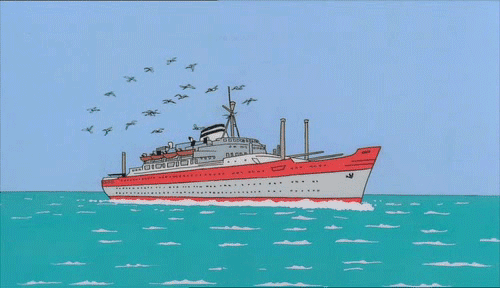
Danish Shipping has been advised by the shipping industry on what competences they would need from the graduates, and this has been incorporated into the bachelor program. For example, the program has subjects on maritime law and port economics.
Anne Windfeldt Trolle highly recommends that the business industry, at least the sectors where it makes sense, start thinking about how they can work with the bachelor graduates – and they themselves provide suggestions for more sector-focused programs at the universities.
“Doing an internship works as a great inspiration for both the students and the shipping companies, as the industry can see what the students are capable of, and then the incentive to hire them increases. Of course, it doesn’t make sense for all sectors. I mean, I’m not sure anyone is interested in hiring half a doctor. But on the other hand, you shouldn’t reject the possibility,” she says.




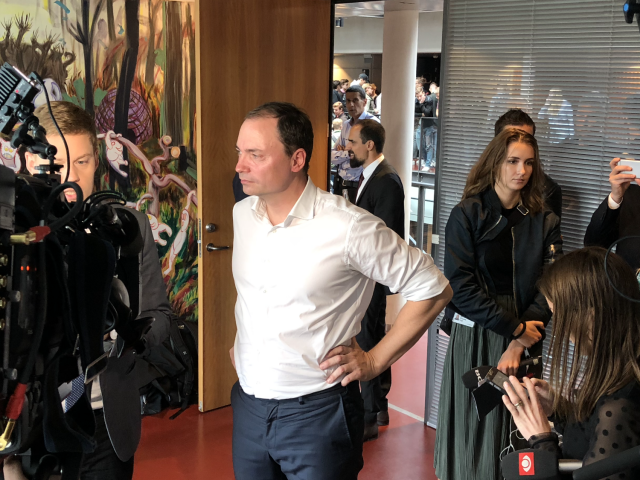
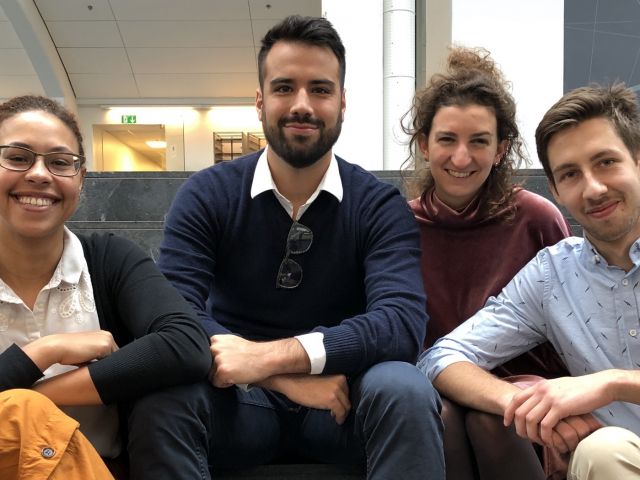
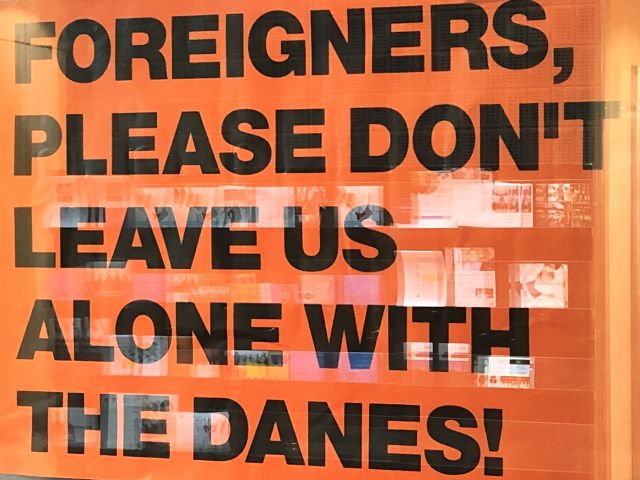

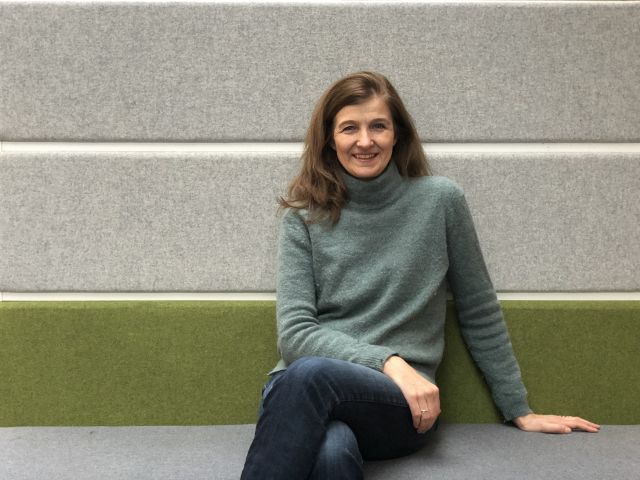





























































































































Comments